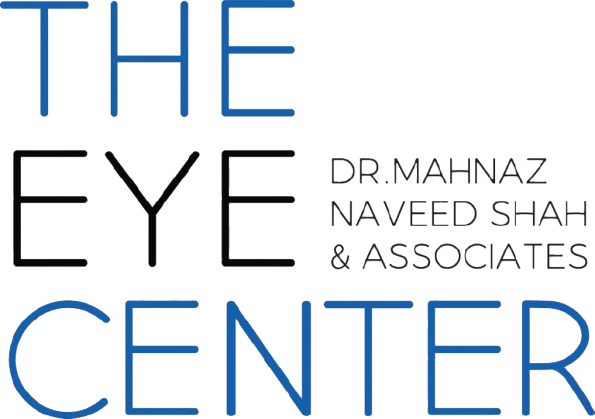Do I want or need a multifocal lens after cataract surgery?
The greatest advantage of multifocal or trifocal intraocular lenses (IOLs) lies in their ability to provide a patients with excellent vision at multiple distances simultaneously, while reducing and in some cases even eliminating the need for glasses after cataract surgery. Unlike traditional monofocal lenses, multifocal IOLs can correct near, intermediate, and distance vision, offering greater […]
Duane retraction syndrome
Duane Retraction Syndrome (DRS) is a rare eye movement disorder that affects the muscles responsible for controlling eye movement. It is characterized by limitations in horizontal eye movement, particularly when attempting to move the eye inward towards the nose. Duane Retraction Syndrome is a congenital condition, meaning it is present from birth. It occurs due […]
Clear Lens Exchange (CLE):
Clear lens exchange (CLE), also known as refractive lens exchange or lens replacement surgery, is a surgical procedure that involves removing the natural lens of the eye and replacing it with an artificial intraocular lens (IOL). This procedure is typically performed to correct severe refractive errors, such as nearsightedness, farsightedness, or astigmatism, or to treat […]
Buphthalmos:
Buphthalmos, also known as buphthalmia, refers to an inherited congenital condition characterized by the enlargement of one or both eyes. This enlargement becomes apparent either at birth or within the first few months of life. Buphthalmos can occur unilaterally (affecting one eye) or bilaterally (affecting both eyes). The term “buphthalmos” originates from the Greek words […]
Salzmann Nodular Degeneration
Salzmann nodular degeneration (SND) is a rare eye condition that affects the cornea, which is the clear, dome-shaped tissue that covers the front of the eye. SND is characterized by the presence of small, raised nodules on the surface of the cornea that can cause discomfort and affect vision. The exact cause of SND is […]
Stromal Corneal Dystrophy (SCD)
Stromal Corneal Dystrophy (SCD) is a rare genetic disorder that affects the cornea, which is the clear outer layer of the eye. It is characterized by the buildup of abnormal material within the corneal stroma, which is the middle layer of the cornea. This can lead to various eye-related symptoms such as decreased vision, corneal […]
Ocular choristoma
Ocular choristoma is a rare medical condition in which an abnormal growth of tissue develops in the eye. This condition is not cancerous and does not typically cause any significant problems for the patient. However, it is important for individuals with ocular choristoma to have regular eye exams to ensure that the growth is not […]
Ocular cogan syndrome
Ocular Cogan Syndrome (OCS) is a rare autoimmune disorder that affects the eyes and other organs of the body. It is characterized by inflammation of the blood vessels in the eyes, which can lead to various eye-related symptoms such as redness, pain, and sensitivity to light. OCS is often associated with a wider range of […]
Neurotrophic Keratopathy
Neurotrophic keratopathy is a rare eye condition that is caused by damage to the trigeminal nerve, which is responsible for providing sensation to the cornea. This damage can lead to a decrease in corneal sensitivity and an impaired ability of the cornea to heal itself, resulting in a range of symptoms including pain, redness, and […]
Floppy eyelid syndrome
Floppy eyelid syndrome is a relatively rare eye condition that is characterized by the loss of the normal rigidity of the upper eyelid. This can cause the eyelid to easily flip inside out, leading to a variety of uncomfortable symptoms such as redness, itching, and tearing. The most common symptoms of floppy eyelid syndrome are […]
